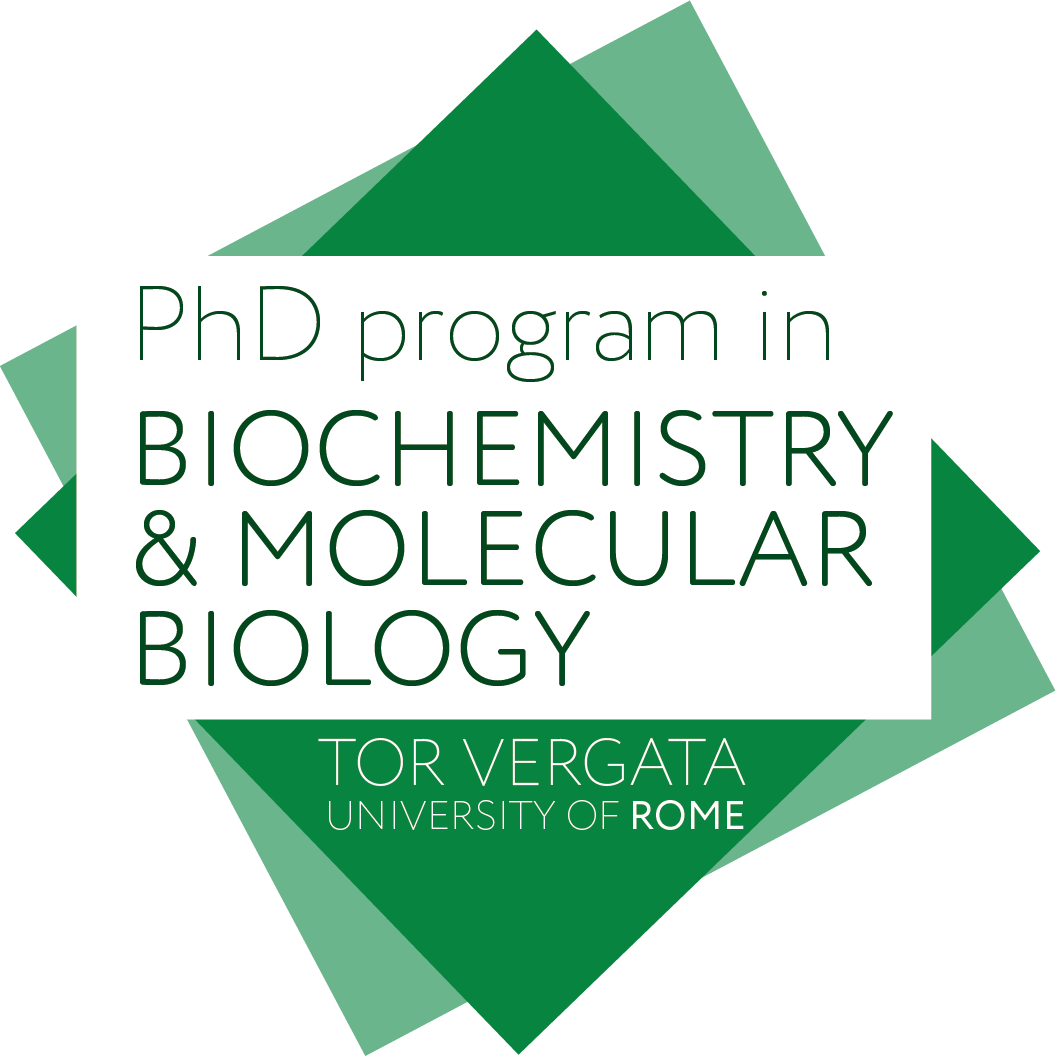Honorary PhD to Prof. AJ Levine | Published on 6 November 2024
On 6th November our PhD school organised a ceremony for conferment of Honorary Doctorate degree in Biochemistry and Molecular Biology to Prof Arnold J Levine (Institute for Advanced Study, Princeton, NJ, USA) for his pioneering work in the field of tumour suppression and discovery of tumour suppressor protein p53.
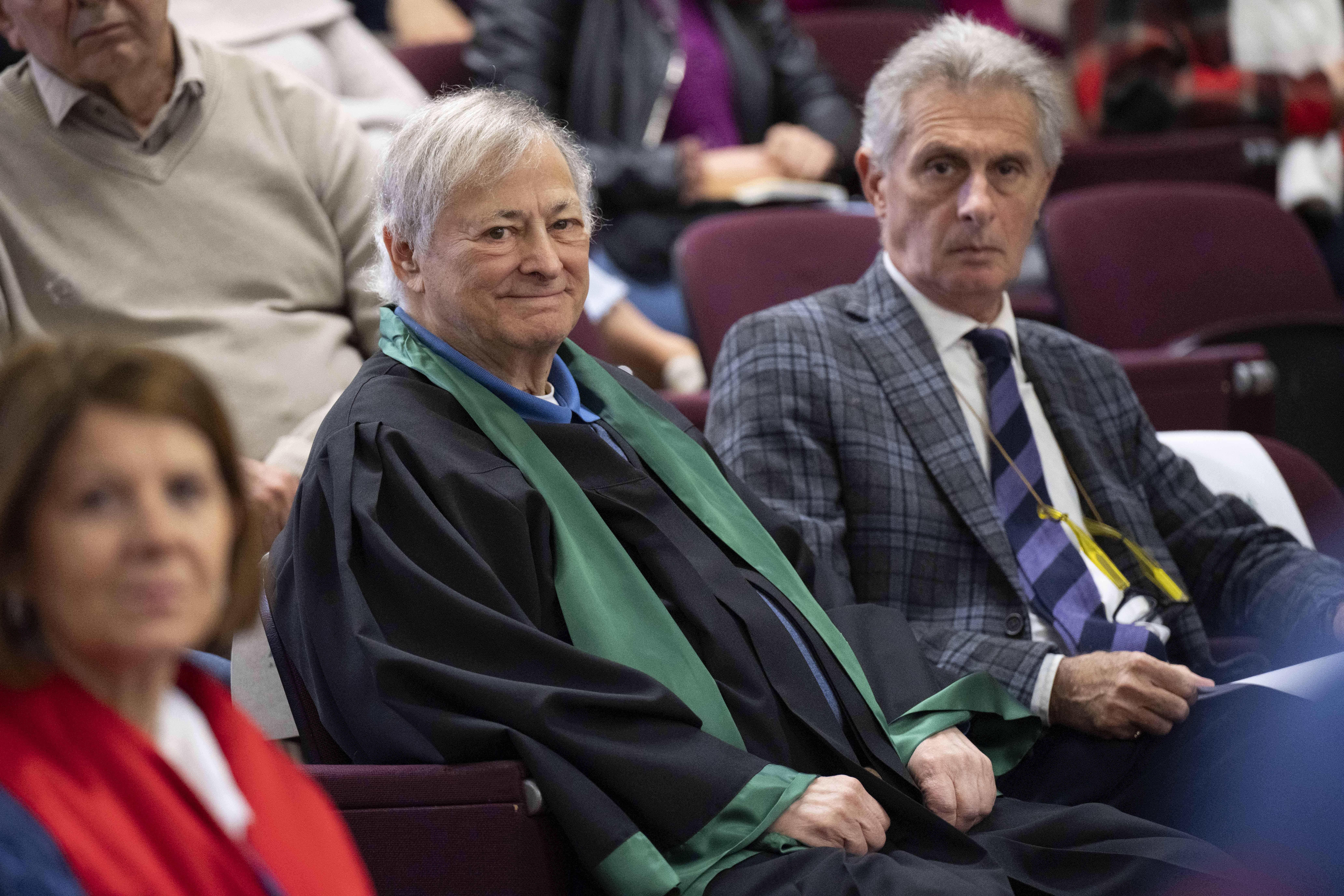
A prominent figure in the international scientific community, Levine transformed the field of oncology with the discovery of the p53 protein, a tumour suppressor that plays a crucial role in regulating the cell cycle and preventing carcinogenesis. This discovery laid the foundation for the development of innovative strategies in cancer diagnosis and therapy, marking a milestone in the study of cancerous diseases.
The event started with a workshop on p53 family members and included talks from Giovanni Blandino (Regina Elena Institute of Oncology, Rome), Eleonora Candi, Massimiliano Agostini and Artem Smirnov (University of Rome “Tor Vergata”, Rome).
The official ceremony was led by the Rector Nathan Levialdi Ghiron:
“It is a great honour for Tor Vergata University to confer the Honorary Doctorate to Professor Levine, a pioneer in cancer research whose work has inspired and continues to inspire generations of researchers. His discovery has changed the way we fight against cancer and represents a milestone for science and medicine”
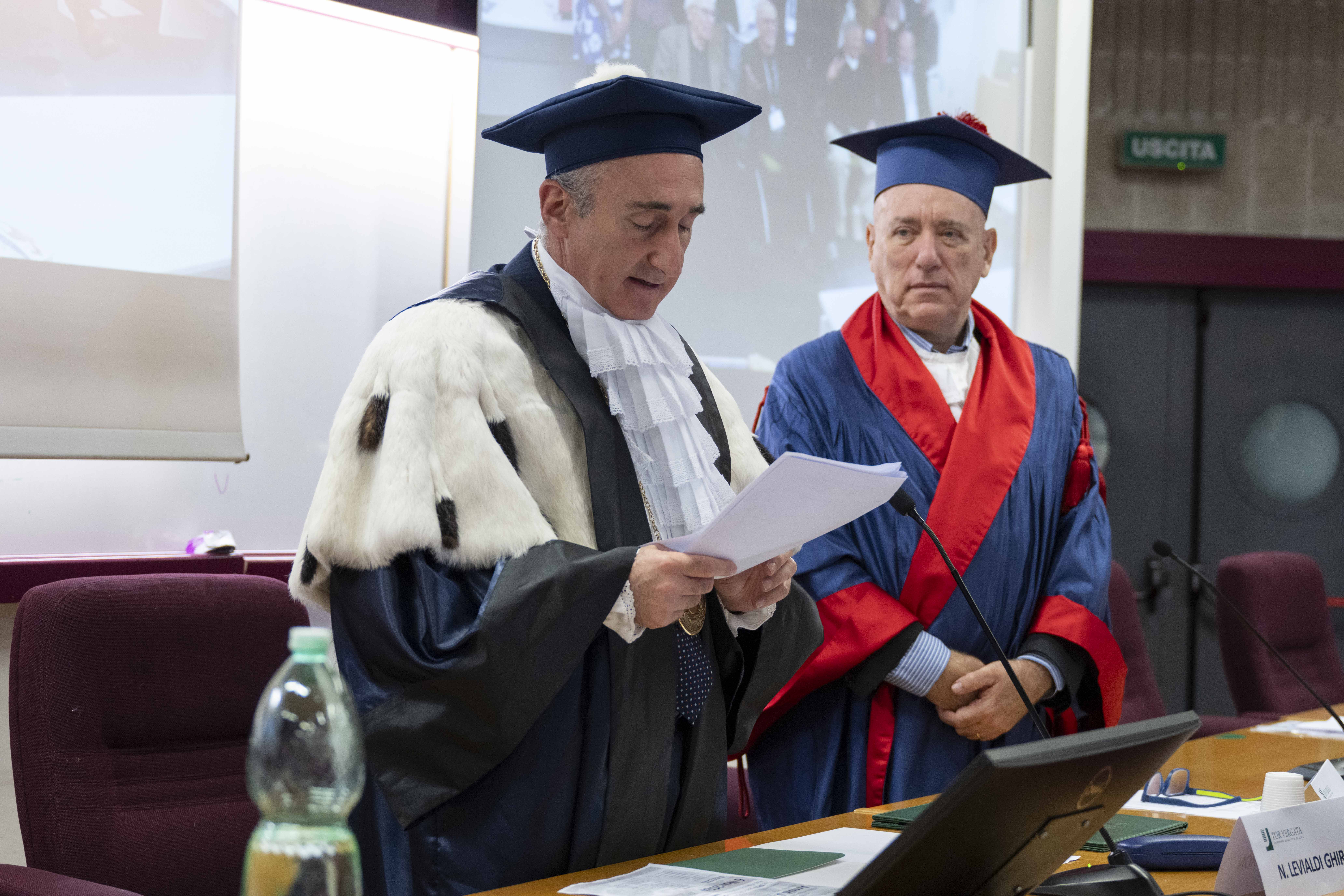
An introductive speech was delivered by Prof. Gerry Melino, honorary professor of Biochemistry at our University, and the official praise was given by Prof. Eleonora Candi, director of the PhD program in “Biochemistry and Molecular Biology.” Professor Candi emphasized:
“Arnold Levine made a fundamental contribution to cancer research by identifying tumour suppressor genes and describing their related molecular mechanisms, thus laying the scientific foundation for the study of various human diseases. In 1979, he discovered the p53 protein, the most important tumour suppressor, which is mutated in at least half of all human cancers and functionally inactivated in another 20%. It took ten years, until 1989, to unveil the function of the protein as a tumour inhibitor. This discovery was crucial in establishing ching molecular oncology and immunology studies, with enormous clinical implications. His research on genes related to the molecular mechanisms of cell death and carcinogenesis has opened new scientific perspectives, driving innovative challenges, as he explained in his lecture”
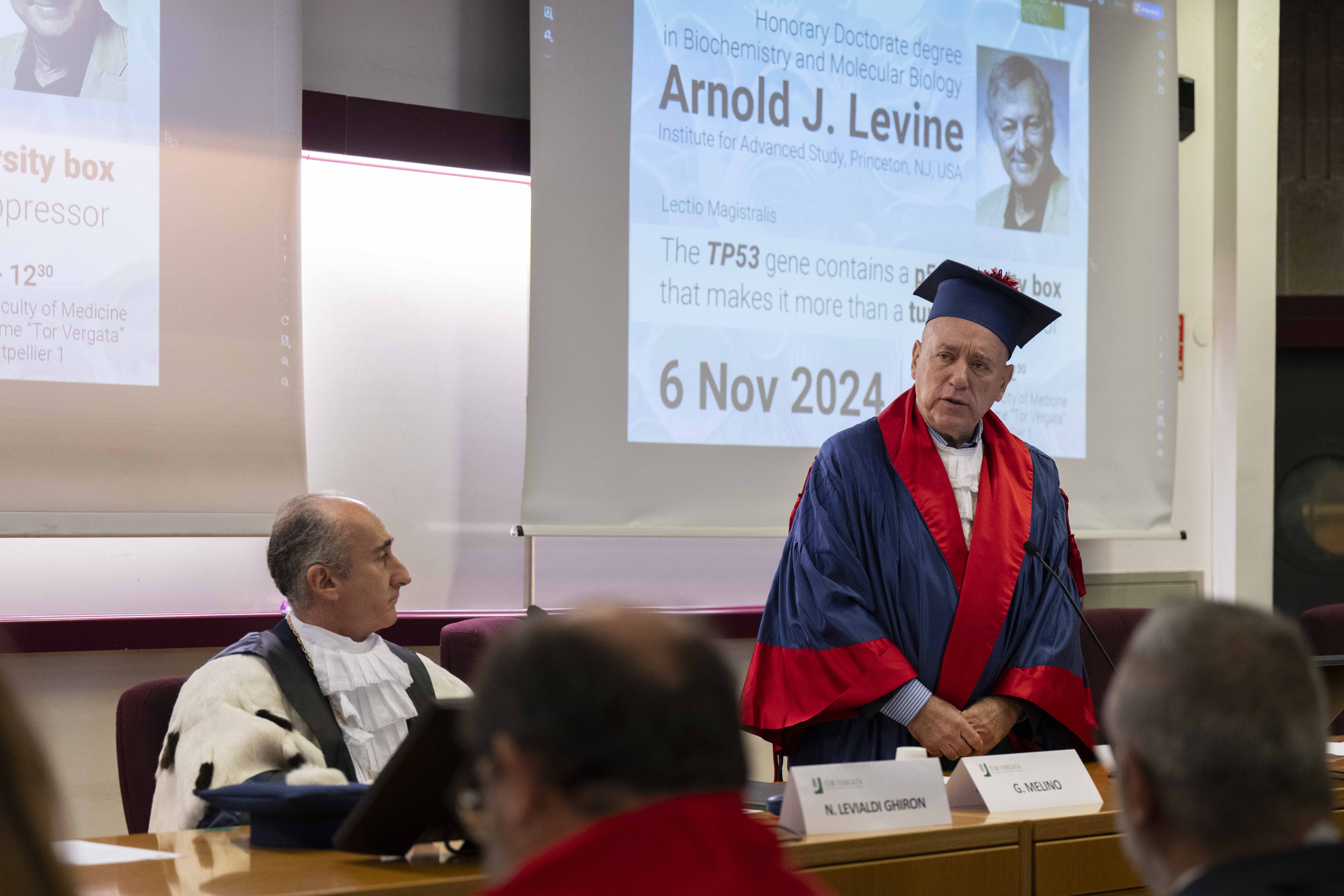
The ceremony culminated by the Lectio Magistralis by Arnold J. Levine entitled “The TP53 gene contains a p53 diversity box that makes it more than a tumour suppressor”, in which he presented the latest discoveries on the TP53 gene and its complex function, particularly focusing on the development of drugs that, by regulating p53, show significant therapeutic effects against cancer.

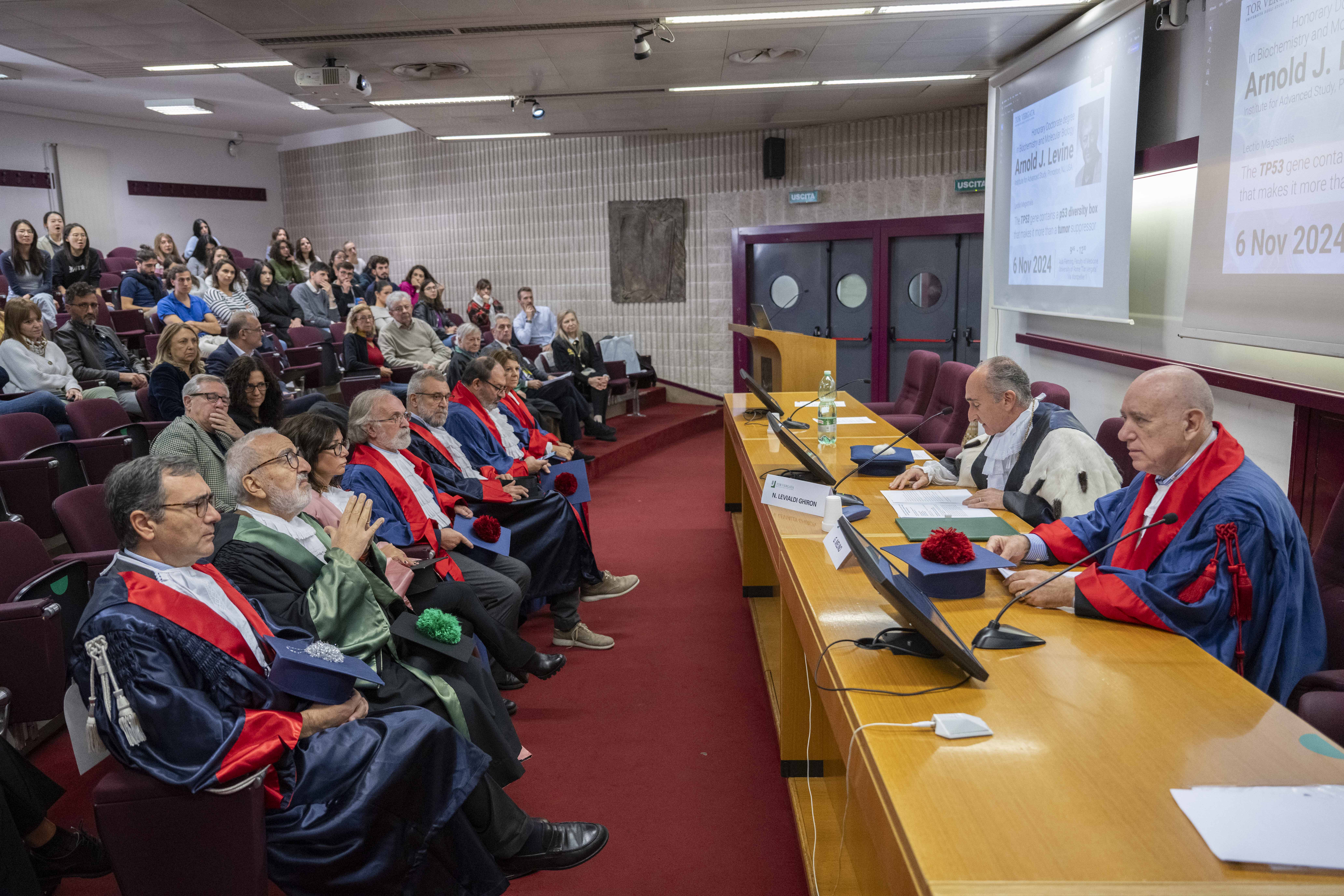
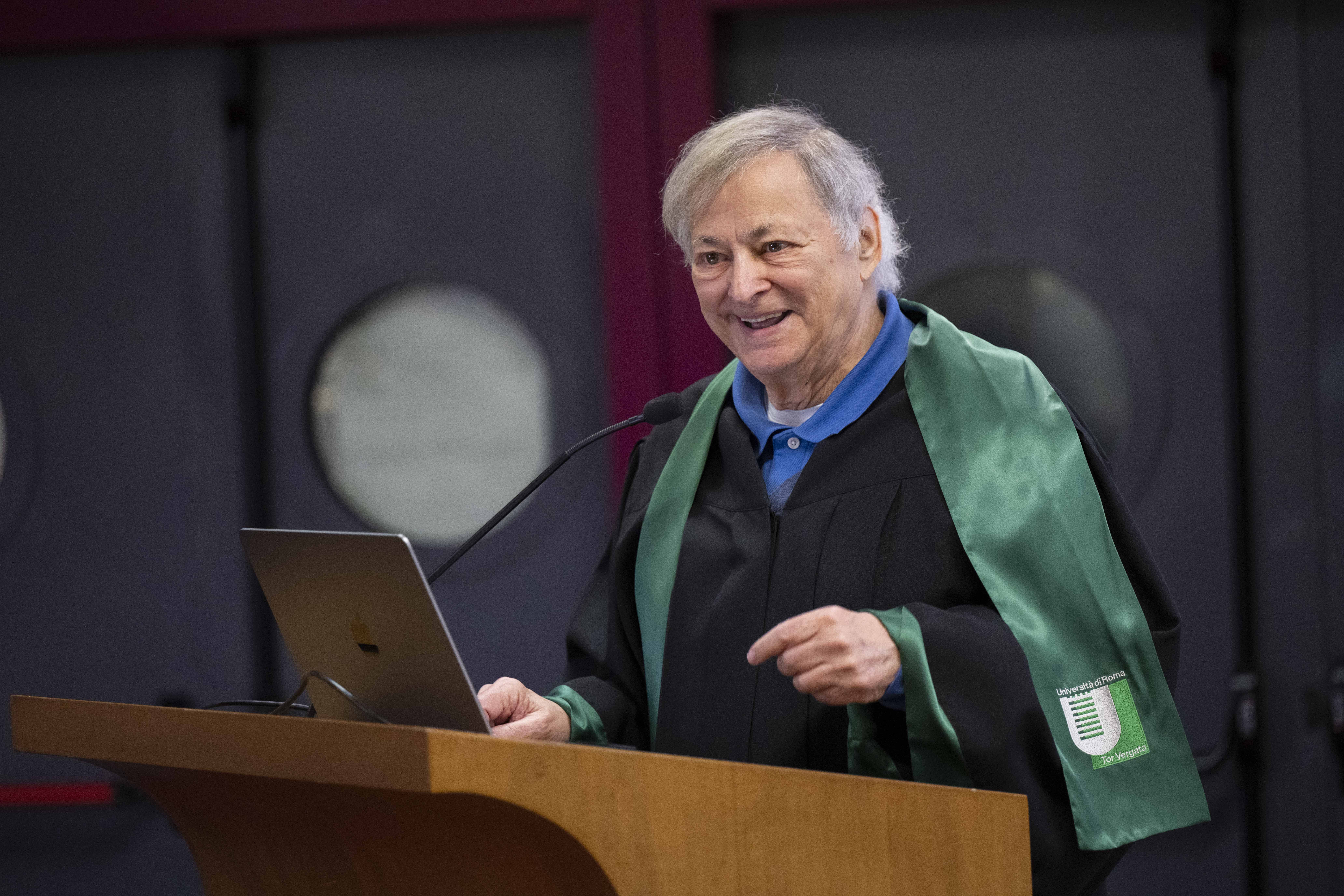
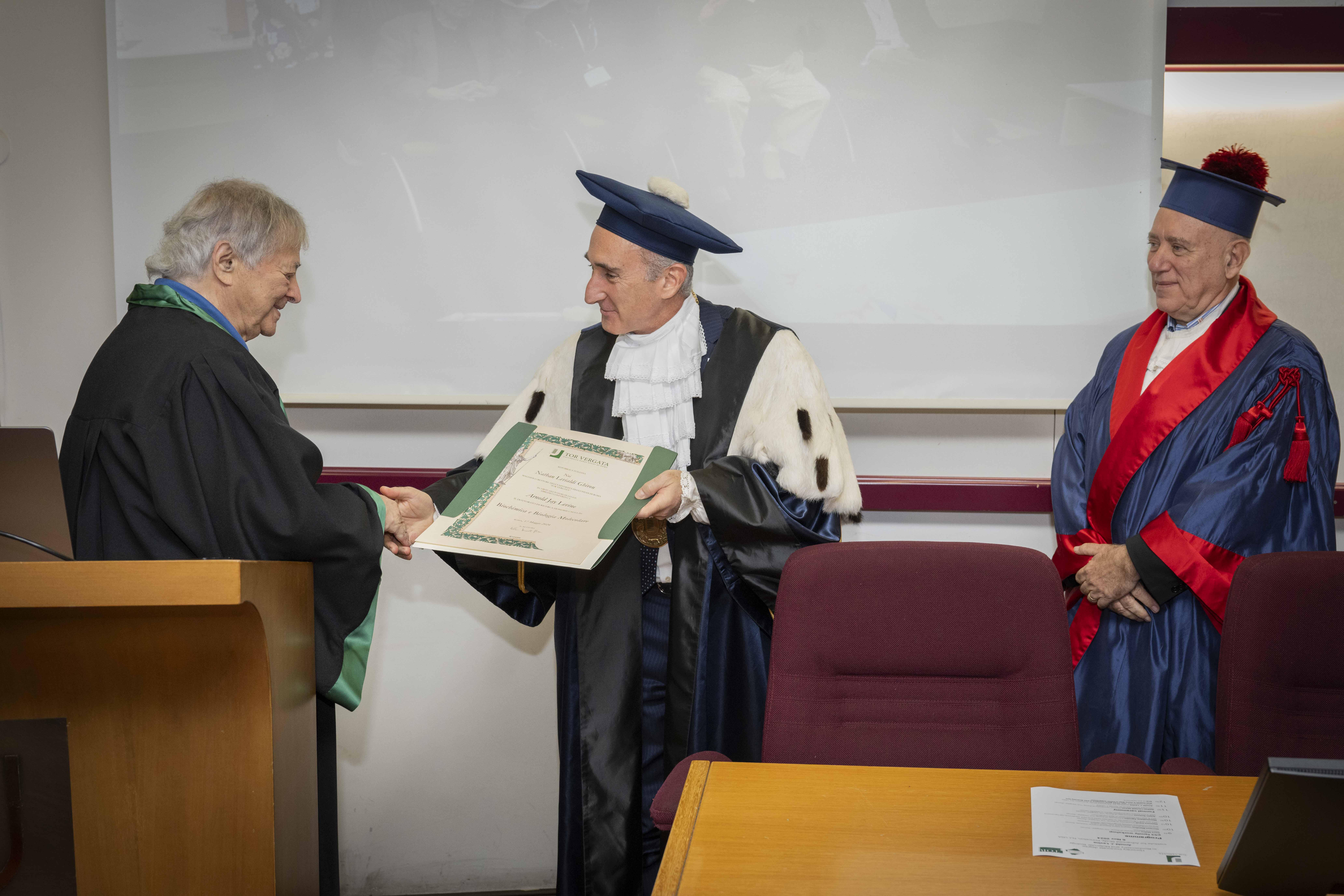
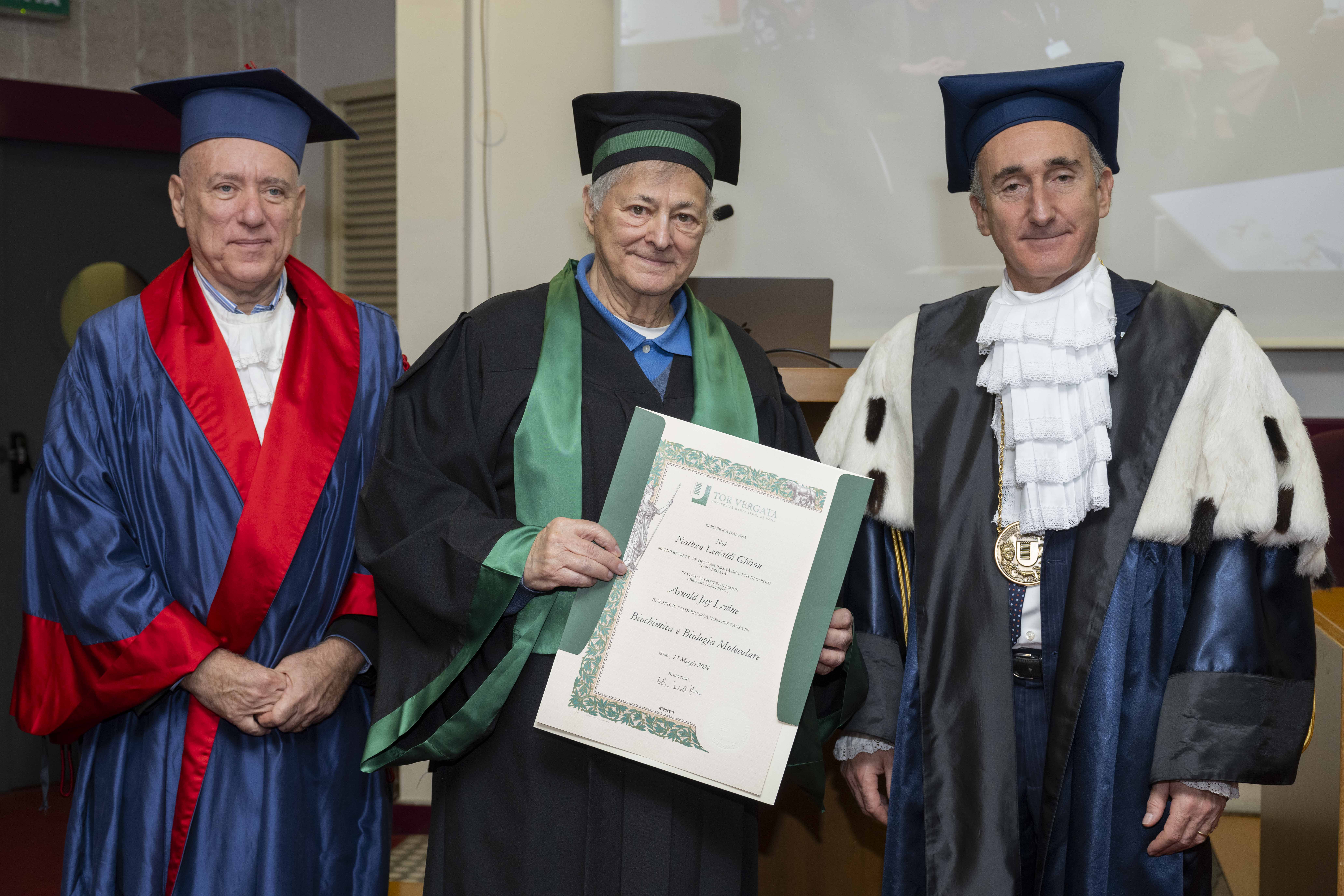
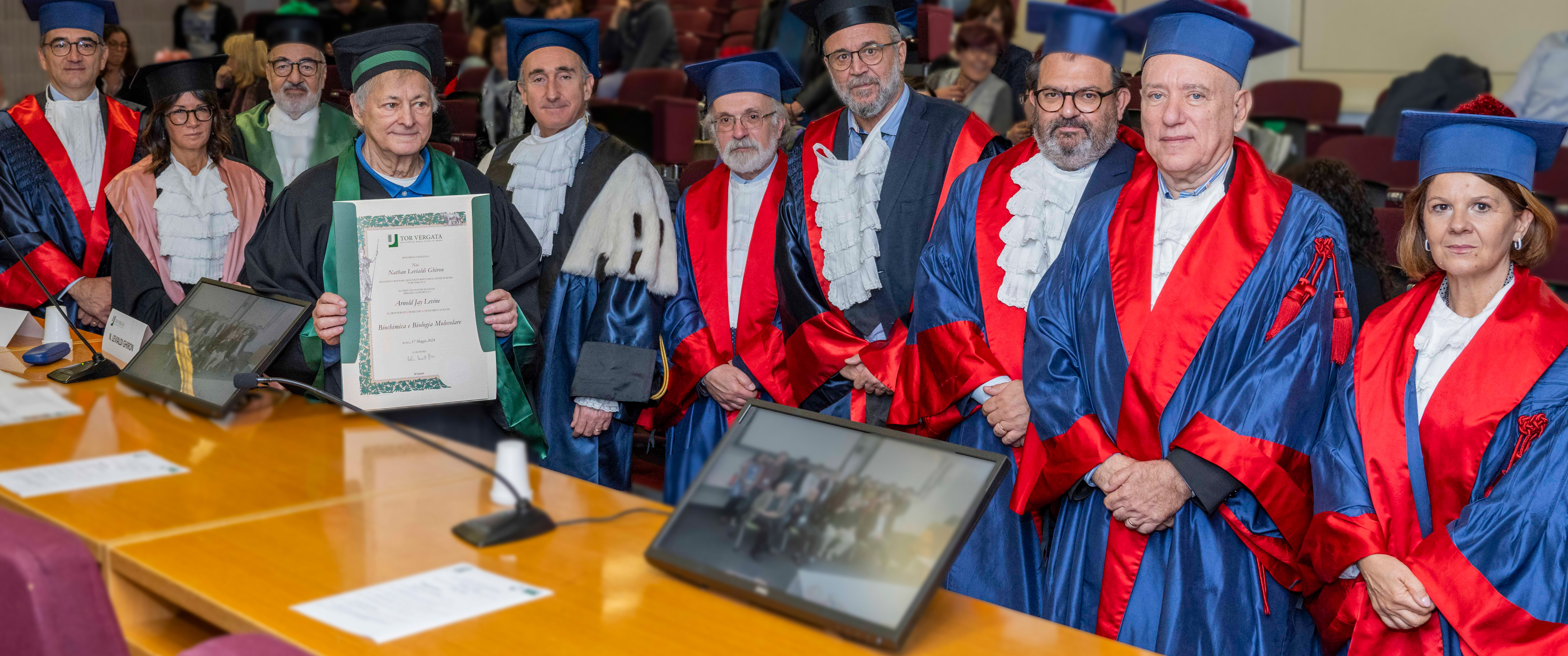
Check for more information on the official website of University or in Italian newspapers:


